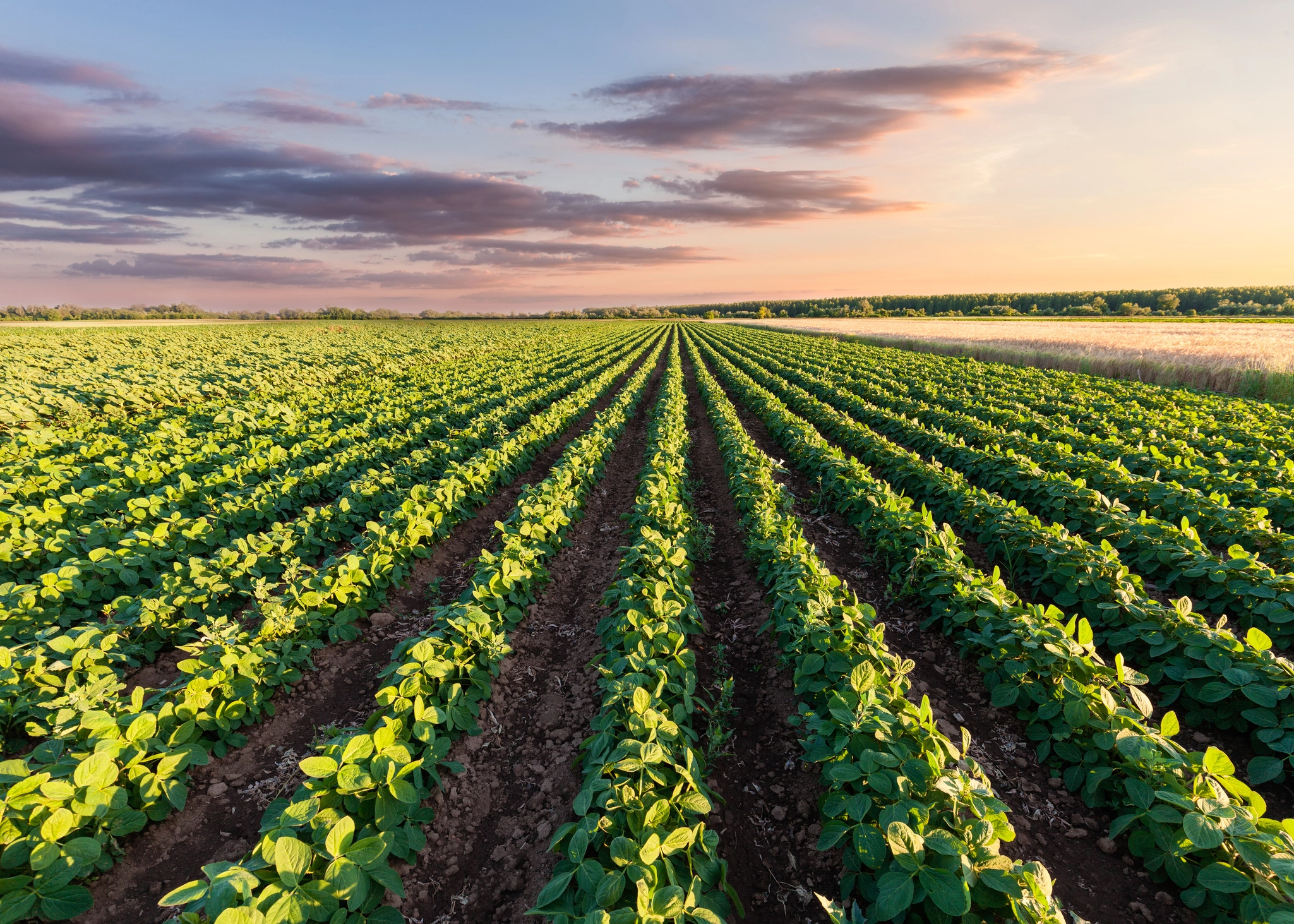Investing in Farmland

Investing in farmland is a great way to diversify your portfolio and lower your risk. The returns from farmland are often comparable to those of the stock market in the long run. And since farmland doesn’t fluctuate in price as much as other investments, you can use it as a hedge against a market downturn.
When investing in farmland, it’s important to determine how much land you can afford. You may not be familiar with how to operate farmland, and you may want to hire a farmer who can help you. In addition, you may want to consider leasing out your farmland to someone who has experience.
There are a variety of farmland investment options, including public and private companies. If you’d prefer to invest in an already established company, you can buy a share of a stock in that company. Most free investing apps will allow you to buy stocks in agriculture companies, but you should do your own research to ensure you’re making the right choice. You can also use a stock screener to search for companies that own farms.
While investing in farmland isn’t risk-free, it can provide a steady passive income if you choose the right companies and fields. It’s one way to diversify your portfolio and earn a steady stream of income. A few sources recommend the use of farmland as a passive income investment strategy.
Farmland has historically been an excellent choice for investors. In addition to providing a stable income, it can help you avoid inflation risks. In fact, a farmland investment has a risk-adjusted return that is higher than AAA bonds. The return from farmland is almost twice as high as that of the S&P 500 index.
In addition to farmland, other agricultural investments include food processing companies, fruit packing facilities, and even water treatment companies. Many of these firms are publicly traded and offer diversified exposure. However, access to these investments is often dependent on relationships with the managers of these firms. For those who are intimidated by the prospect of buying and selling agricultural products, they may consider a commodity fund.
The long-term value of agricultural land is expected to increase due to the effects of global economic growth. This is a good opportunity for investors to buy in at the right time. Agriculture is a global asset class, so it can offer a hedge against inflation. The low volatility of this asset class is a key benefit for investors looking to diversify their portfolio. It also offers a stable cash income stream.






